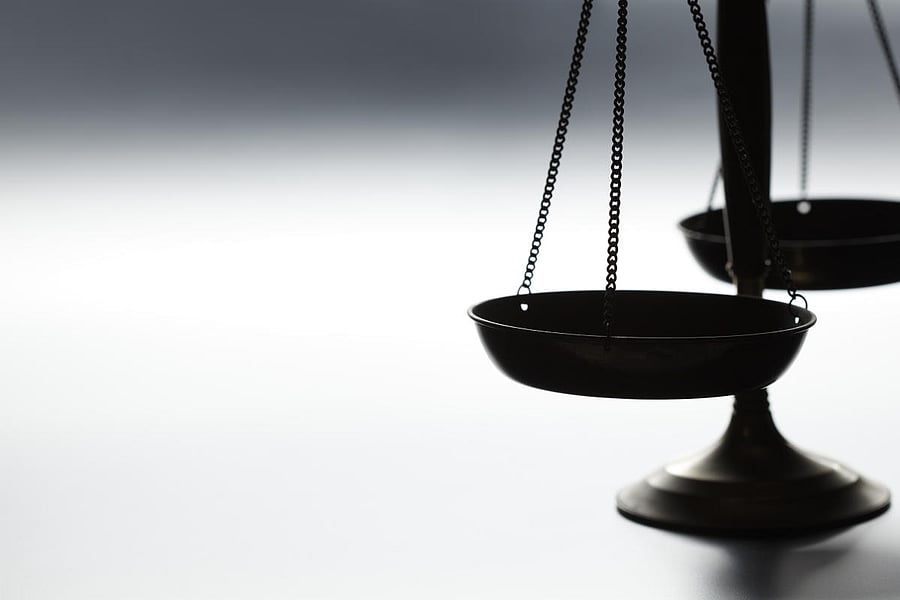
Sedition law is being used to find new targets in schoolchildren who are not even 10 years old. When the Karnataka police filed a sedition case on the basis of a play enacted by primary students of Shaheen School in Bidar on the Citizenship (Amendment) Act and arrested some people, including the headmistress and the mother of a child, it was stretching the limits of the pernicious law. The play was staged on the annual day of the school a few days ago, and the charge is that it had dialogues that demeaned Prime Minister Narendra Modi and showed him in a poor light. Criticism of the Prime Minister, even if it is made in poor taste, does not amount to sedition, and if at all there is a legal case, there are other provisions for it. Sedition has to be separated from criticism of the government, its leaders and its actions and policies.
Leaders of the government and the BJP have branded critics and dissenters as anti-nationals and traitors, and protests against the CAA have been described as unpatriotic. Section 124A of the IPC that relates to sedition penalises those who create disaffection against the government, but this can be invoked only when there is an intention to breach the peace and incitement to violence. This has been clarified by the courts many times, but the government and the police have only been too willing and happy to use it against opponents and critics. It is a laughable contention that some primary schoolchildren posed a threat to the security of the State by staging a play. Protests against the CAA have been taking place all over the country, and everybody has the right to criticise it by staging a play, making a speech or rallying in public. It is an expression of the right to freedom of expression. It is wrong to try to smother it with a colonial-era law which has no place in a democracy, and it is preposterous to use the law against primary schoolchildren.
The restrictive orders imposed by the director of the Indian Institute of Technology (IIT)-Bombay against students and faculty members with respect to protests against the CAA are also a violation of the right to freedom of expression. The students and faculty members in many institutions of higher learning have been protesting against the CAA. The government has tried to discourage and suppress such protests through the heads of those institutions. The attempt everywhere is to ban or penalise the protests and not to reach out to the students and protesters as should happen in a democracy.
